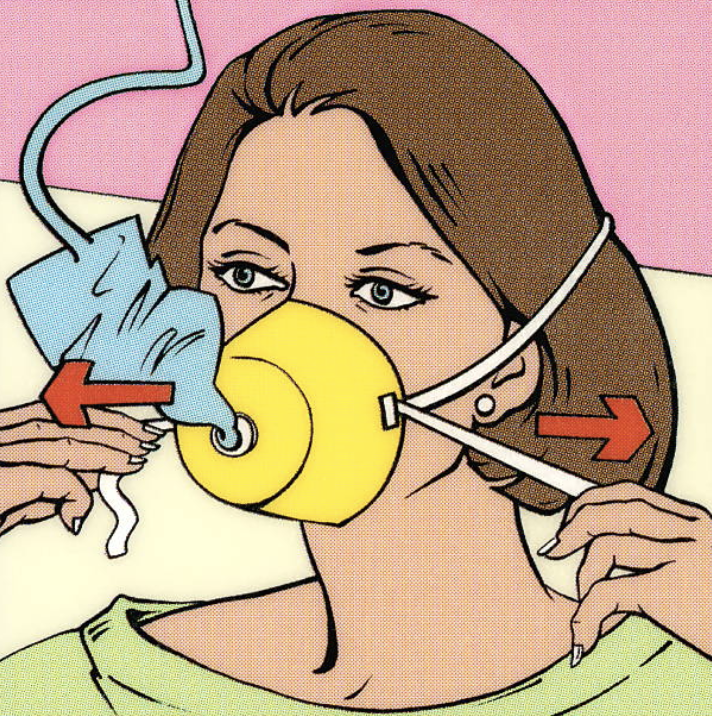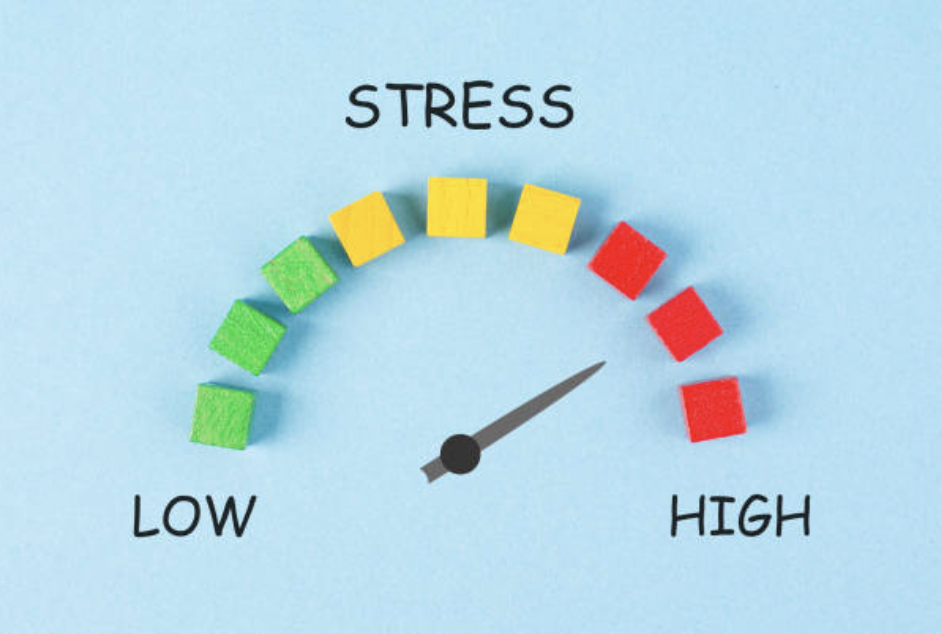
Are Certain Sounds Driving You Crazy?
Have you noticed as you’ve gotten older that you are more sound sensitive, or less sound tolerant? Maybe you’ve described it as “sound irritated,” in that certain sounds send you through the roof!? I certainly have. Turns out, this is a thing. There are two main categories when evaluating sounds and how they impact your body - Misphonia and Hyperacusis. Misophonia is an intense dislike or hatred of specific sounds…

Top Herbs for Fatigue and Low Cortisol
Fatigue can be due to a million reasons. Maybe it’s stress. Maybe it’s low thyroid. Maybe it’s low iron. Maybe you’re not sleeping that well. Whatever it is while you’re working on the cause, certain herbs may be helpful based on their long history of use. A common reason for fatigue is low cortisol production. I’m not talking about the autoimmune condition known as Addison’s disease where your adrenal glands can’t make enough cortisol. I’m talking about the fatigue that comes with long term stress, inflammation, illness, infection, etc. It can take its toll on the body and be downright exhausting…

You Can’t “Out-Willpower” Your Hormones
Have you ever asked yourself, “Why can’t I <fill in the blank>” regarding your hormonal symptoms? Why can’t I stop eating after dinner? Why can’t I stop these cravings? Why can’t I have more energy? Why can’t I be less angry or emotional? Why can’t I be more motivated? The truth is, you can’t always out-willpower your hormones. In fact, it may feel like you only ask yourself these questions…

In the Event of Perimenopause, Put Your Mask On First
How many times have you flown and heard the flight attendant repeat, “In the event of an emergency, put your mask on first before helping others?” I bet it’s a lot and it’s for good reason. If you suddenly lose cabin pressure, how can you help yourself, your family, friends, or those around you if you didn’t put your mask on FIRST!? Turns out, this even applies to you if you’re solidly in mid-life. I would bet that you’ve spent a lot more of your life giving instead of taking, nurturing instead of being nurtured, caring instead of getting care, and thoughtful instead of being thought of...

Is Stress Screwing Up Your Blood Sugar?
Have you noticed in times of stress, especially chronic stress, that you feel puffier, thicker around the middle, or become immediately hangry? One of your main stress hormones is called Cortisol. If cortisol had a resume, the first thing it would say is, “I increase your blood sugar!” Unfortunately, this is not talked about enough as stress could be part of the reason your blood sugar is higher than optimal and playing a role in your symptoms. Cortisol is a nervous system hormone made by your adrenal glands that sit on top of your kidneys. Yes, you have two adrenal glands! Cortisol is known as a gluco-cortico-steroid hormone. “Gluco” because it raises glucose (blood sugar) in times of stress so you have it readily available for your brain and muscles to fight or run…

Favorite High Cortisol Herbs
Stress sucks (mostly). It affects all aspects of our health, including pieces you didn’t even realize. Chronic stress can impact your hormones, your hair growth, the quality of your skin, your energy, your immune system and more. It can ramp up your anxiety, cause problems with your sleep, and ruin your symptoms of PMS. When I use the word “stress,” I mean anything that is physical, mental, emotional, environmental or otherwise that is messing you up. Of course there are good stressors - such as healthy exercise, planning a wedding you’re psyched for, and the travel day of a vacation. I’m not talking about that…

A Favorite Herb: Holy Basil/Tulsi
Every single night I drink tulsi rose tea. I even take it with me when I travel, that’s how much I love it. Tulsi is a sacred Ayurvedic herb that also goes by Holy Basil. It’s latin names are *Ocimum tenuiflorum* (or *Ocimum sanctum* L.) I’ll just call it Tulsi and explain why it’s also called, “Elixir of Life” given all it can do in the body for healing practices. I, personally, like the calming aspect of it. Tulsi is in the mint family but it doesn’t taste minty. Not to get nerdy but in human, animal and cell studies, it has been shown to be adaptogenic, metabolically supportive, modulatory to the immune system, anticancer, anti-inflammatory, antioxidant, hepatoprotective (liver), antimicrobial, and have antidiabetic effects(1). Whew! That’s a lot!

Hormonal Havoc: How Chronic Stress Impacts Ovulation, Progesterone, Testosterone, and Libido
Stress is an inevitable part of life (see: all of 2023), but when it becomes chronic and unrelenting, it can wreak havoc on our bodies in surprising ways. One of the lesser-known victims of chronic stress is our hormonal balance, particularly in relation to reproductive hormones like progesterone and testosterone. In this article, I’ll delve into how chronic stress negatively affects ovulation, progesterone levels, testosterone production, and ultimately, our libido.
